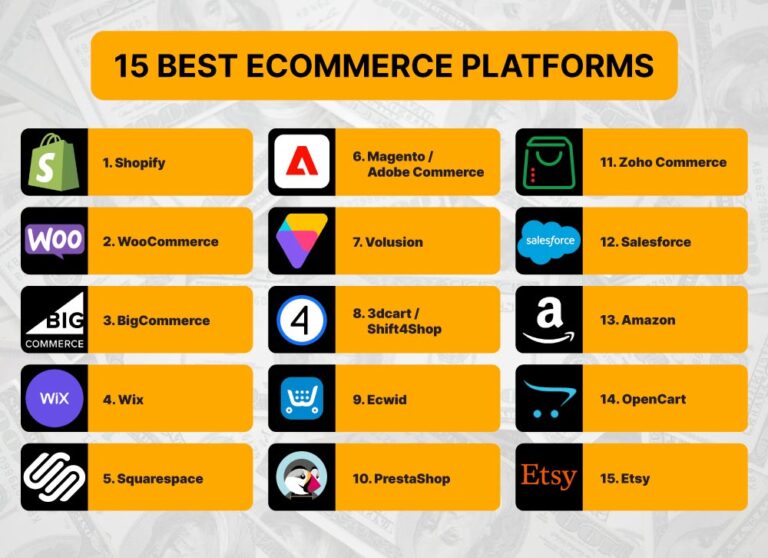Business Analytics Certification Courses: Your Path to Data-Driven Decision Making
In today’s data-first economy, understanding how to interpret, visualize, and act on business data is a game-changing skill. That’s why business analytics certification courses have surged in popularity across industries. Whether you’re looking to advance your career, break into tech, or upskill for your current role, these courses help you master the art and science of business decisions backed by data. From Excel and SQL to advanced tools like Python, Power BI, and Tableau, certification programs equip you with hands-on experience, real-world case studies, and credentials that employers recognize. If you’re serious about making data your advantage, it starts here.
What Business Analytics Certification Really Teaches You
A strong certification course teaches you more than just software. You learn how to collect and clean data, identify trends, create visual dashboards, and translate analytics into strategy. Topics often include data visualization, predictive analytics, database management, and performance metrics. The best courses also focus on storytelling with data making complex insights easy to understand and actionable across departments. Whether you’re in marketing, finance, or operations, the goal is the same: better, faster decisions.
Choosing the Right Certification Course for Your Career Goals
Not all business analytics courses are the same. Some are entry-level, perfect for beginners looking to build a foundation. Others are advanced, suited for analysts or managers aiming to deepen their knowledge in machine learning or business intelligence tools. Look for programs from recognized institutions or platforms like Coursera, edX, Google, or LinkedIn Learning. If you want credibility, ensure the course offers a shareable certificate, project work, and real-world business applications.
Online vs. In-Person: Which Learning Format Works Best?
Most professionals choose online business analytics certification courses because of their flexibility. You can learn at your own pace while working full-time. Many include video tutorials, interactive labs, quizzes, and capstone projects. In-person courses may offer more networking and live mentoring, but online options usually provide better access and affordability. Some hybrid models also include live sessions and instructor feedback, giving you the best of both worlds.
Tools and Platforms You’ll Learn to Master
Popular tools taught in top certification programs include Microsoft Excel for foundational analysis, SQL for querying databases, Tableau or Power BI for data visualization, and Python or R for predictive modeling. The more tools you’re comfortable with, the more versatile and valuable you become. Courses often simulate business environments, letting you solve problems related to customer segmentation, sales forecasting, or supply chain optimization.
Turning Certification into Career Growth and Opportunities
Earning a business analytics certification can fast-track promotions, salary increases, or job transitions. Roles such as Business Analyst, Data Analyst, Marketing Analyst, and Operations Specialist are in high demand and certification helps prove your expertise. Beyond jobs, analytics skills empower entrepreneurs to make smarter growth decisions and optimize internal processes. In a world where data is currency, certification gives you the credibility to lead with insight.
FAQs About Business Analytics Certification Courses
Are business analytics certifications worth it?
Yes. They provide practical, career-relevant skills and can boost job prospects and salaries.
Do I need coding experience to start?
No. Many beginner courses require no prior coding knowledge and start with Excel or drag-and-drop tools.
How long does it take to complete a certification?
It depends on the program some take a few weeks part-time, others span 3–6 months with more depth.
Can I get a job with just a certification?
Yes, especially for entry-level analyst roles or if paired with related experience or a degree.
Which is better: general or industry-specific courses?
Both are valuable. Choose general certifications to build foundational skills and specialized ones for your field (e.g., healthcare, finance, marketing).
